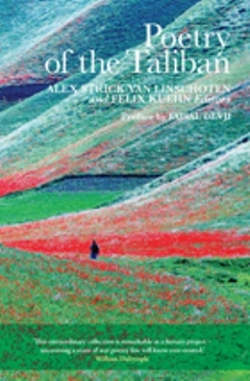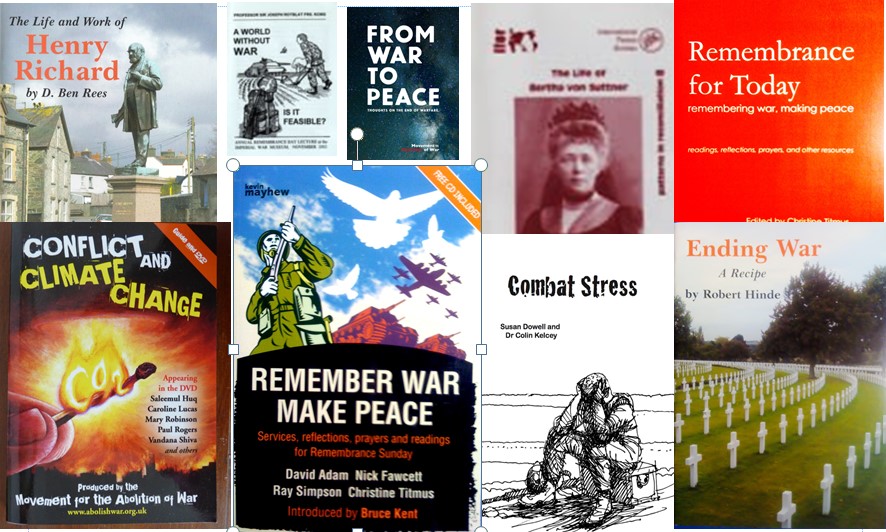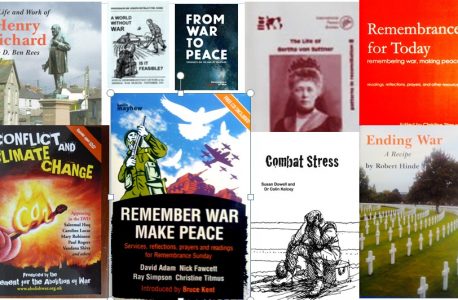
ed Alex Strick van Linschoten & Felix Kuehn
Hurst & Company, 2012
Lesley Docksey
The publication of this book was greeted by ill-informed rants from British generals on the Today programme and elsewhere, saying that the Taliban were ‘thugs’ who killed women, ignoring the fact that the Afghan war lords (and Karzai’s government) are just as misogynistic. I never found out if these military gentlemen had actually read any of the poems, but they were all roundly condemned as ‘propaganda’.
We may label the Taliban as espousing fundamentalist Islam, but reading this poetry I found much love and mysticism in it – reminiscent of Sufi poetry where Allah is called their ‘Beloved’. Of course there are poems calling for the killing of the invaders, the destruction of the White House and a wish for martyrdom. But many more are expressing the extraordinarily deep love these Afghans (and they are Afghan before they are Taliban) have for their homeland, their villages, families and religion. They show an abiding sense of the history of their country, mentioning battles and famous warriors from centuries past. They cry out against the fact that they keep being invaded and while they are proud that each time they have rid their homeland of occupiers, they still wonder ‘Why?’ Why do they have to keep fighting like this when all they want is to live their simple Afghan lives? In Shirinzoy’s Prayer he begs Allah to ‘humble these wolf-like humans’, but then asks ‘Make the world colourful with love’. The world is crazy, it seems, and in one verse he writes:
But now humans bite humans;
They are not content with their dignity.
Out of ingratitude they bite the sky.
If you are not familiar with Middle Eastern or Asian poetry, the structure and rhythms will feel strange, but the images that are conjured up are powerful and heart-stopping. There is no better way to meet the ‘enemy’ and find he is as human as you.



